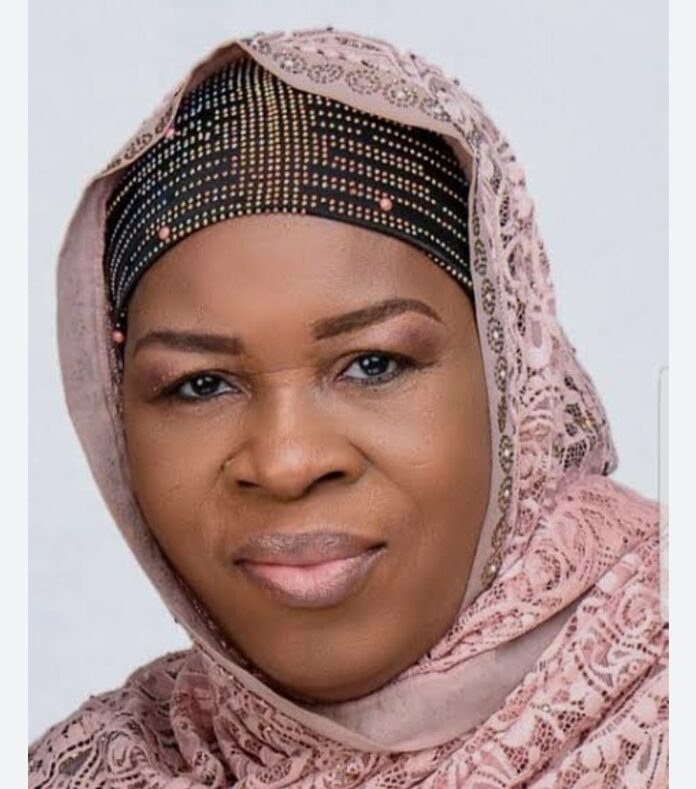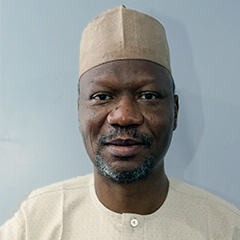The establishment of the North-East Development Commission by former President Muhammadu Buhari initially garnered widespread support, given the region’s devastating circumstances. The area had been severely ravaged by Boko Haram insurgency and sectarian crises, resulting in widespread infrastructure destruction, countless deaths, and the displacement of thousands of citizens who sought refuge not only within Nigeria but also in neighbouring Cameroon, Chad, and Niger Republic.
The trajectory of regional commissions mirrors Nigeria’s own contradictory journey; awkwardness in state creation and half-hearted approach to the country’s development. In no time, regional commissions became a bazaar of sort, such that in the 2025 budget, the federal government proposed to spend the sum of N2,493.12 trillion on the five existing regional commissions out of the six regions that we have, with the breakdown as follows: North-West Development Commission getting N585.93 billion; North-East DC, N290.99 billion; South-West DC, N498.40 billion; South-East DC N341.27 billion and Niger Delta DC N776.53 billion.
The timing and scale of these allocations raise serious concerns about fiscal responsibility and governance priorities. With the nation’s economy at its lowest point, the enormous funding required for these commissions and numerous Ministries, Departments, and Agencies (MDAs) seems to contradict President Tinubu’s earlier commitment to implementing the Oronsaye report. This report recommended streamlining government agencies from 263 to 161 to enhance efficiency and reduce costs. The apparent contradiction suggests these commissions might serve more as channels for political patronage rather than genuine development vehicles, casting doubt on the administration’s commitment to reducing governance costs.
The issue of equity and justice extends beyond mere proliferation and funding of these commissions. The deterioration of infrastructure is a nationwide phenomenon, evident to anyone who ventures beyond the relative comfort of major cities like Lagos, Abuja, and Port Harcourt into the heartland. If development initiatives are to be implemented, they should be distributed equitably. This makes the exclusion of the North-Central region from these arrangements particularly problematic and inexplicable.
What then informed the decision to leave the North-Central out of this bazaar? Is what is good for the goose no longer good for the gander? Since 1999, we have had two presidents from the North-West (Yar’adua and Buhari), two from the South-West (Obasanjo and now Tinubu) and one from the South-South, (Goodluck Jonathan). While the South-East is vocal about its marginalisation and is advocating for remediation, the North-Central seems comfortable.
The political representation of the North-Central region, comprising eighteen senators and numerous representatives from six states, appears to have failed in advocating for their constituents’ interests. Their silence during the establishment of these commissions through the National Assembly raises questions about their effectiveness and commitment to regional development. The North-Central’s position in Nigeria’s political landscape has been diminished by this apparent complacency, with both lawmakers and citizens seeming to accept their marginalisation quietly. And as Tinubu himself had noted, power/victory is not given ala carte, you must fight, plot, scheme and grab it by force.
Peter Obi, the Labour Party’s presidential candidate in the 2023 election, has highlighted this inequity, emphasising the North-Central’s critical need for attention due to persistent security challenges. “The exclusion of the North-Central Regional Commission from the budgetary allocations provided to other regional commissions in the 2025 proposed budget is deeply troubling and must be urgently reversed. Such an anomaly does not make for even development and peace that is needed for progress in the country.
“A total of N2.493 trillion has been allocated to five regional development commissions, with the North-Central Regional Commission glaringly omitted. The North-Central region is one that urgently requires special attention due to the severe challenges it faces today. Relentless terror attacks and banditry in Plateau, Benue, Kogi, and Niger States have caused immense suffering, resulting in significant loss of lives and forcing countless families into internally displaced persons (IDP) camps. These persistent tragedies have made the North-Central one of the most affected and vulnerable regions in Nigeria.
“Known as the agricultural backbone of the nation, the North-Central region deserves robust support to enhance security, stability, and development for the benefit of the entire country. I therefore call on the government and National Assembly to urgently review and rectify this decision that will impact negatively on the region and area most needed for the development of the country. Together, we must work toward a more inclusive and equitable Nigeria”.
The proliferation of these commissions may have an unexpected consequence: state governors will increasingly abdicate their responsibilities in areas where commission interventions exist. The overlapping mandates between state governments and commissions will result in the latter becoming conduits for political patronage rather than effective development vehicles. The Niger Delta Development Commission (NDDC) serves as a cautionary tale – after two decades of existence, the region’s fundamental challenges, particularly environmental degradation persists and largely unaddressed.
Moreover, the centralisation of these commissions in Abuja raises fundamental questions about Nigeria’s commitment to true federalism, restructuring and power devolution. This centralised approach appears to contradict the growing calls for restructuring and local government autonomy, suggesting a disconnect between stated political aspirations and actual governance practices.
As Nigeria grapples with these challenges, the establishment and funding of regional commissions must be reconsidered within the broader context of national development, equity, funding, and efficient governance. The current approach not only perpetuates regional inequalities but also raises serious questions about the country’s commitment to comprehensive and sustainable development strategies and fiscal discipline.
Zainab Suleiman Okino is a syndicated columnist. She can be reached via zainabokino@gmail.com




